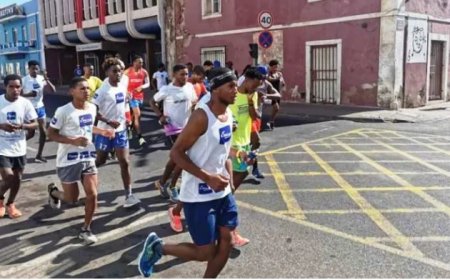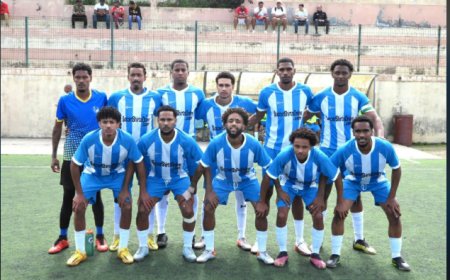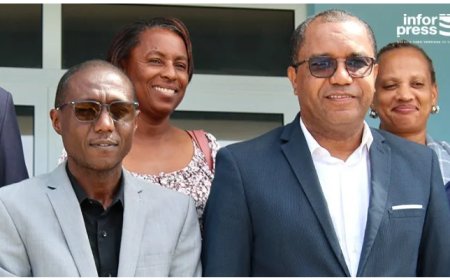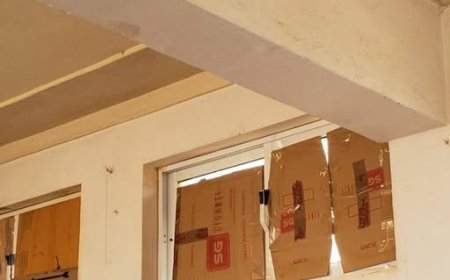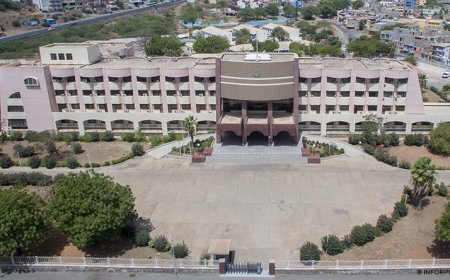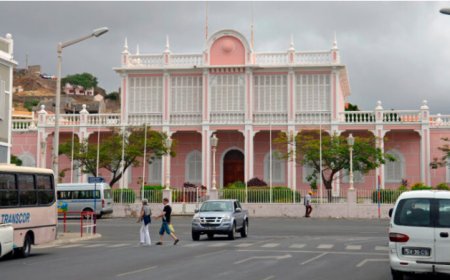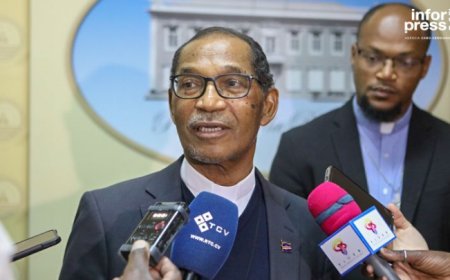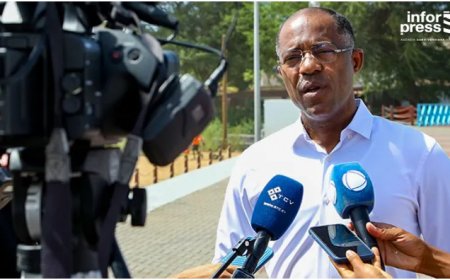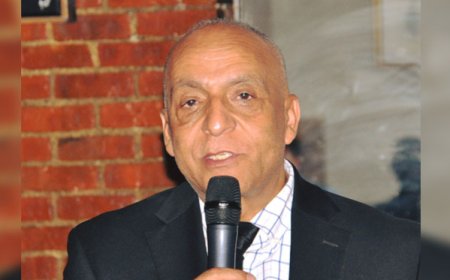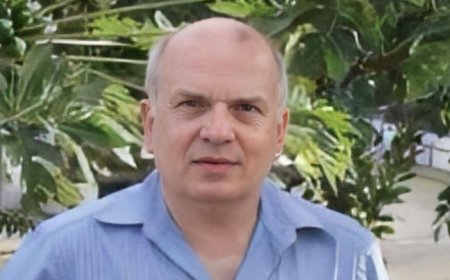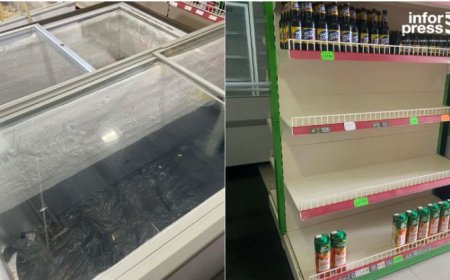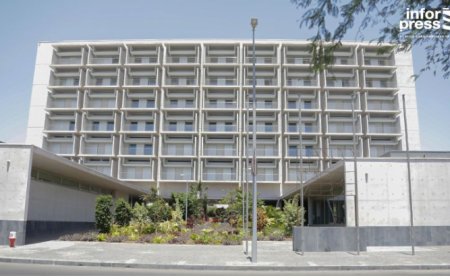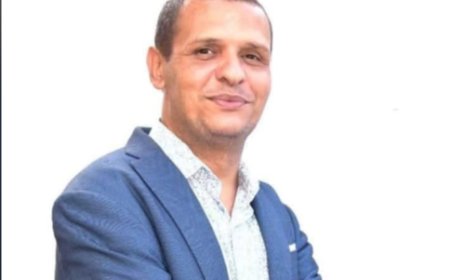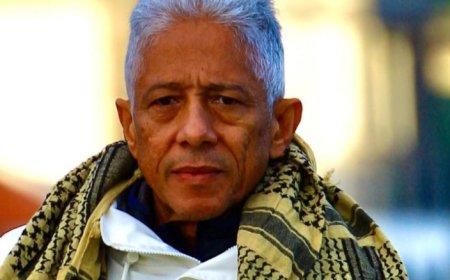Maria Graça: Fogo-Brava. Regionalize to Include
The sea is our great highway, and our lives pass through its ports. For Brava, Cape Verde's smallest island without an airport, Furna Port is not just a geographical point: it's the gateway to goods, services, healthcare, education, opportunities and development. Just opposite, in Fogo, Vale dos Cavaleiros is the node that keeps this relationship alive. Between the two islands, the sea is a social and economic corridor that must not be held hostage to breakdowns, improvisations and disconnected agendas.
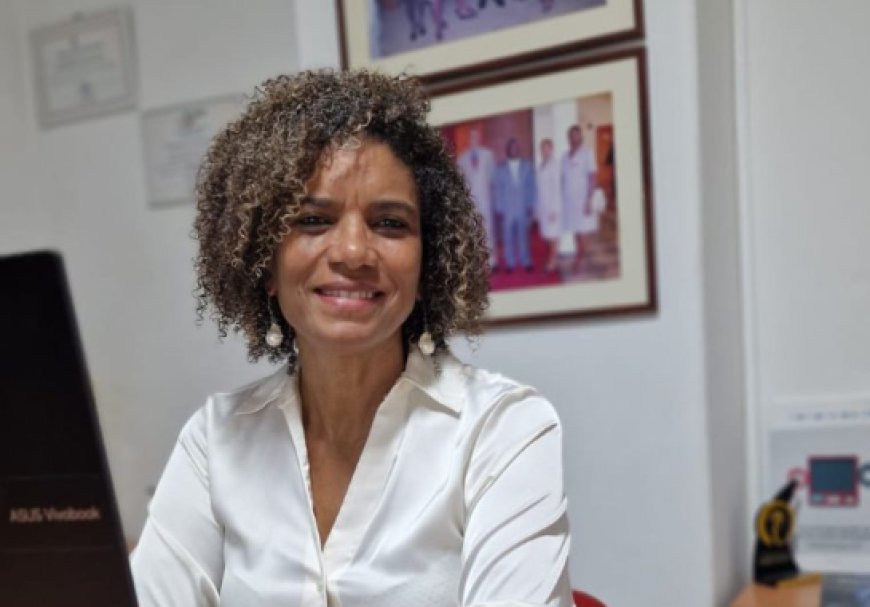
I speak with the conscience of someone who lived and worked in Fogo for three and a half years. This experience has profoundly shaped my vision of the country's development. I realized that, despite the enormous economic, cultural and tourist potential of Fogo and Brava - and so many other islands - Cape Verde still doesn't have a robust, integrated and territorially fair development strategy, capable of transforming this potential into concrete and sustainable opportunities.
.
That's why it bothers me to hear people talk about "peripheral islands". "Peripheral" means, in practice, distance in access to specialized health services, higher education, employment opportunities, regular transport, public and private investment and even political influence.
In an archipelago of small geographical size and with a population smaller than that of many medium-sized cities in the world, this classification sounds not only absurd, but offensive. Peripheral to whom? We're talking about islands inhabited by citizens with equal constitutional rights, who count - and a lot - when it comes to voting, but who, outside of election periods, see their needs systematically consigned to the background.
The recent proposal by the town councils of São Filipe, Mosteiros, Santa Catarina and Brava to create an inter-municipal maritime transport company. More than a political gesture, it is an affirmation of autonomy and responsibility over a vital service which, in the national logic, has fallen short of expectations. A regional model could be the key to better timetables, greater regularity and a service that is truly aligned with local needs. But we have to be careful because regionalization cannot mean improvising. Any company must work closely with the national concessionaire, aligning strategies and resources to better serve the population. It's imperative to establish clear rules, service contracts with objective targets - minimum frequency, maximum interruption time, contingency plans - and well-defined funding and compensation mechanisms.
Excellent maritime transportation goes much further than just having ships. Specific and urgent investments are needed: decent and comfortable shelters for passengers, modern ticketing systems, adequate conditions for refrigerated cargo. Without strategic improvements, any promise of regularity will remain vulnerable to the unforeseen. Predictability can only be achieved with professional operation, resilient infrastructure and redundancy: a spare ship, planned maintenance and transparent communication with citizens.
Cape Verde's Constitution enshrines the right to mobility. For those who live in Brava, this right can only be fulfilled if the Fogo-Brava connections are treated as a truly essential public service, with guaranteed minimum standards and an obligation to provide regular coverage. It's about ensuring territorial cohesion, social inclusion and equal opportunities and not merely transporting passengers and goods.
Until then, we will continue to see young people leaving, discouraged by the lack of prospects, and entrepreneurs hesitating to invest, fearing the absence of a secure market, regular transportation and consistent institutional support. It's a vicious circle that can only be broken with reliable infrastructure, incentive policies and a long-term vision. If the conditions are right, young people will stay, entrepreneurs will take risks, and the potential of these islands will no longer be a promise, but a reality.
Our destiny is common, so there can be neither center nor margin. We have to make it happen, island by island, leaving none behind.
public article in the newspaper voz do archipelago






